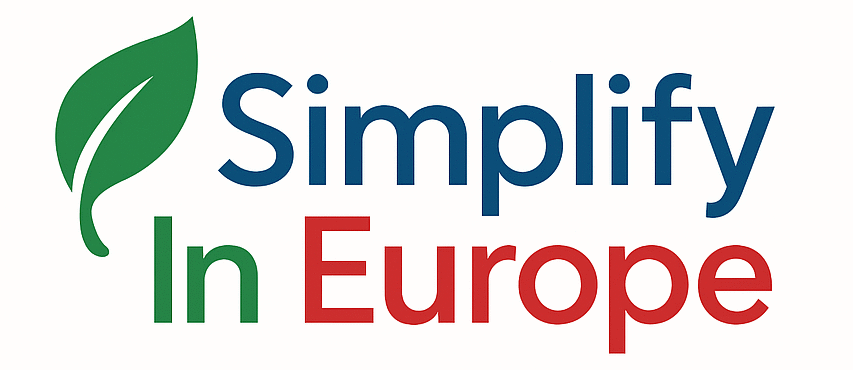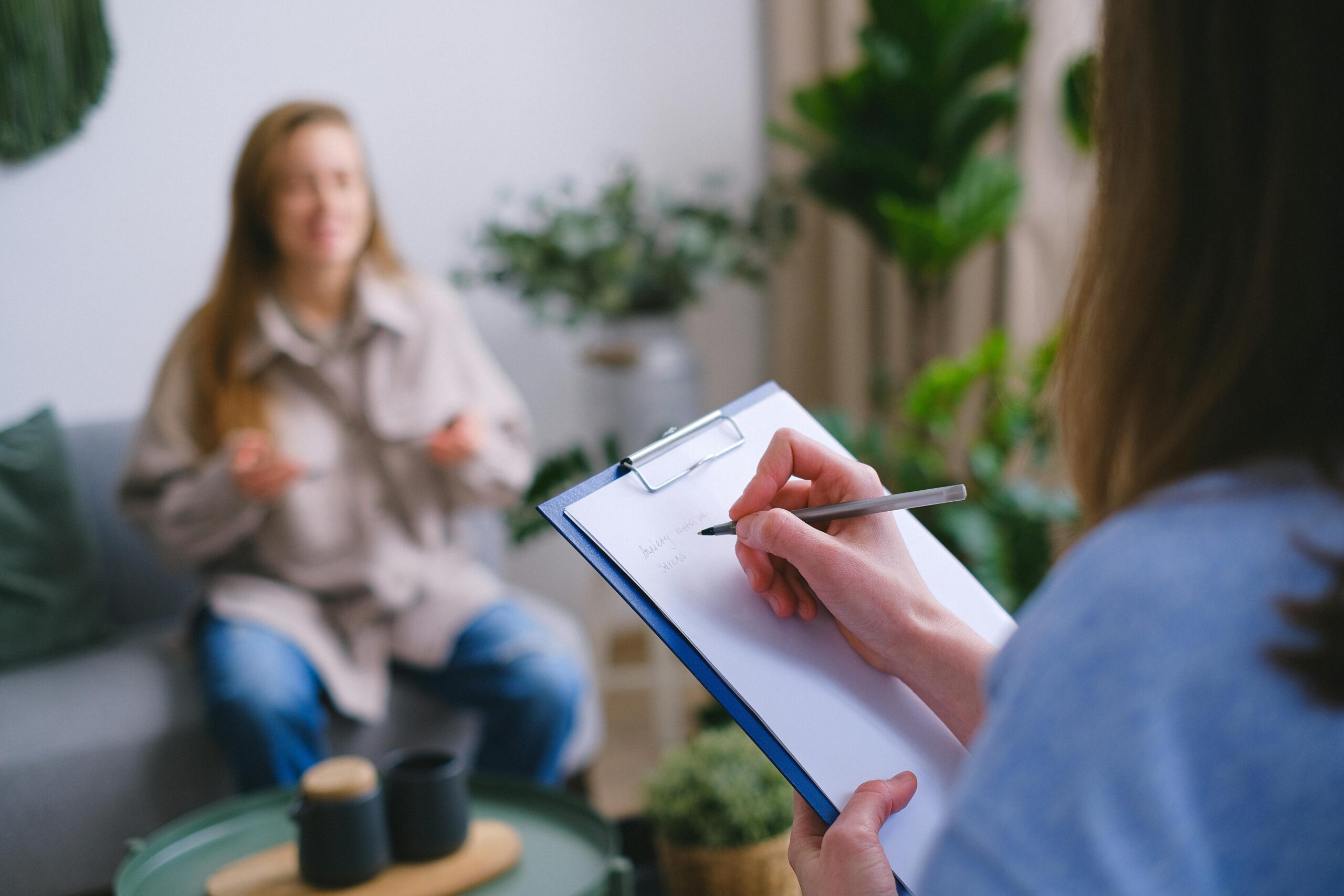Finding Light Again: Mental Health Recovery in Modern Europe
In today’s fast-moving world, mental health is no longer something people whisper about. It’s a real part of life. Just like physical health, our mental well-being needs care, time, and support. Across Europe, many people are learning to speak up, seek help, and heal. This is the story of how modern Europe is changing lives through mental health awareness, therapy, and human connection.
A Personal Beginning
It started with Anna, a 32-year-old teacher in Amsterdam. She used to wake up with a heavy heart. Every morning felt like a struggle. The world outside looked grey. At work, she smiled, taught, and pretended everything was fine. Inside, she felt like she was sinking.
She didn’t know she was living with depression. And like many others, she believed it was just stress or weakness. But something inside her changed one winter morning. She heard a radio talk about mental health. The speaker said, “It’s okay to ask for help.” That one sentence stayed with her.
The First Step: Asking for Help
Anna finally saw a therapist. She cried through most of the first session. But it helped. Her story is not unique. From Paris to Prague, more people are now stepping into clinics, calling helplines, and talking to friends. Asking for help is no longer seen as a sign of weakness. It’s a sign of courage.
A man in Lisbon shared a similar journey. After losing his job, he fell into deep anxiety. At first, he turned to alcohol. But then, a friend guided him to a community mental health center. There, he met others like him. He wasn’t alone. He wasn’t broken. He just needed support.
Why Talking Matters
Words have power. Talking about your feelings breaks the silence. In many parts of Europe, mental health is now part of everyday conversation. Schools talk about it. Workplaces support it. Social media spreads awareness.
Support groups have grown. Therapy is more common. Even online sessions are helping people reach therapists from the comfort of their homes. Technology is playing a big role, especially in small towns or rural areas.
When people talk, they heal. They also help others heal. That’s the beauty of human connection.
Therapy: A Journey, Not a Quick Fix
Therapy is not magic. It doesn’t fix everything in one session. But it opens doors. It creates space to feel, to cry, to understand, and to grow.
Cognitive Behavioral Therapy (CBT) is popular across Europe. It helps people notice their thoughts and change negative patterns. Another approach, mindfulness, teaches people to slow down and live in the present.
In Germany, public health insurance covers therapy. In Sweden, mental health is part of regular healthcare. These systems are making a difference.
Still, some people face waiting lists. Others feel nervous about seeing a professional. This is where awareness and education come in. When we understand therapy, we fear it less.
The Role of Family and Friends
Recovery doesn’t happen in silence. Loved ones play a huge role. Anna’s partner stood by her. He listened without judgment. He went to therapy sessions with her. This made a big difference.
In many cases, a simple “I’m here for you” can save a life. Friends who listen, families who understand, and coworkers who show kindness—these people are the real support system.
Workplaces and Mental Health
Jobs can cause stress, but they can also offer healing. More companies now provide wellness programs. Some give mental health days off. Others offer free counseling.
In countries like Denmark and Finland, work-life balance is seen as essential. Employees get time to rest, to care for their families, and to grow outside of work. This helps mental health.
Companies that care for their staff see better results. Happier workers, stronger teams, and less burnout. It’s a win for everyone.
Nature and Mind: A Strong Connection
Many therapists in Europe now include nature in healing. Forest walks, gardening, beach time—these activities calm the mind. Nature reduces stress hormones. It helps people reconnect with themselves.
In Norway, “friluftsliv” means “open-air living.” It’s a lifestyle. People spend time outside daily, even in the cold. This connection to the earth brings peace and clarity.
Spending time in nature doesn’t cost anything. It’s a gift that’s always available.
The Role of Art and Expression
Art therapy is growing fast. Painting, music, dance, and writing allow people to express emotions they can’t speak. A teenager in Barcelona who faced bullying found her voice through poetry. Her words helped others understand her pain.
In Vienna, music therapy is used for patients with anxiety. They don’t have to talk—they play sounds that reflect their feelings. This type of therapy goes beyond language. It touches the soul.
Food and Mood
What we eat affects how we feel. Across Europe, doctors are studying the link between gut health and mental health. A healthy diet with vegetables, whole grains, and healthy fats supports the brain.
In Greece, the Mediterranean diet is more than a meal. It’s a lifestyle that encourages slow eating, sharing food, and enjoying the moment. This helps reduce stress.
Cutting back on sugar, alcohol, and processed food also improves mood. People notice they sleep better, feel more active, and think clearly.
Healing Is Not Linear
Recovery has ups and downs. Some days feel better. Others feel harder. That’s normal. What matters is not giving up.
Anna still has rough days. But now she knows how to manage them. She journals. She takes breaks. She goes to therapy. Most of all, she remembers she’s not alone.
Mental health recovery is like climbing a hill. Sometimes you slip. But every step forward counts.
Support Systems Across Europe
Each country in Europe has its system. Some are stronger. Some are improving. But all are moving toward better care.
- France has started a national mental health strategy to reach more people.
- Ireland runs mental health campaigns on TV and radio.
- Italy focuses on community-based mental care.
- Poland is building more awareness in schools.
These efforts are changing lives, one person at a time.
Youth and Mental Health
Young people are facing new challenges—social media pressure, school stress, and future worries. In the UK, many teens now see counselors at school. In Spain, youth centers offer free support.
Helping youth early means preventing bigger issues later. Schools, parents, and communities must work together.
Ending the Stigma
The biggest change is happening in hearts and minds. People no longer feel ashamed to say, “I’m struggling.” Mental health is part of life.
Campaigns like “It’s OK Not to Be OK” and “Time to Talk” remind people they are not alone. These movements are powerful because they come from real people.
Every time someone shares their story, the stigma loses power.
Conclusion: There Is Hope
Across Europe, lights are turning on. People are finding hope. They are learning that healing is possible. Through therapy, support, nature, art, and love, recovery becomes real.
Anna, the teacher from Amsterdam, now speaks at schools. She tells young people, “You are not alone. I’ve been there. And I’m still here.”
Her story is one of millions. A story of strength, support, and second chances.


Leave a Reply